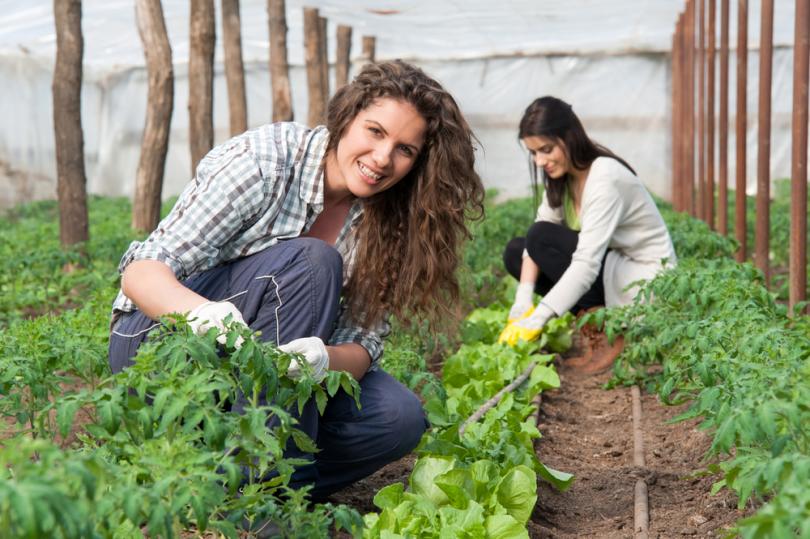
On 7 March, EU farmer’s organisation, the Women’s Committee of Copa, held a conference to highlight women’s contribution to agriculture. The ‘Strong rural women 4 strong rural Europe’ conference explored the ways in which women from rural areas can be better supported.
As reported by EURACTIV, the event was hosted by Members of European Parliament (MEPs) Maria Gabriela Zoană and Marijana Petir.
“We should pay more attention to education, facilitating women to access agricultural training and lifelong learning,” said MEP Zoană.
During the event, Clara Serrano from Corteva, the agricultural division of DowDuPont, presented the outcomes of a survey on 800 women in agriculture in 5 EU countries (France, Germany, Italy, Spain and the UK).
It found that:
- 1 in 3 earned less than men
- 2 in 3 had experienced gender discrimination
- 90% are proud to work in agriculture
- 38% said gender discrimination was equal or worse than it was 10 years ago
- 75% believe it will take up to 30 years to achieve full equality
Also, in the EU, 96% of farms are family run, yet women only represent 30% of farm managers.
Facing obstacles
Women face specific obstacles to starting up farming/forest activities. Therefore, wrote Lotta Folkesson (chairwoman of the Women’s Committee of Copa) in a corresponding article, we need more assessments and pan-European studies on the needs of women living in rural areas to design more targeted policies. Strategies integrated into national plans linked to agriculture and EU regions are essential to empower rural women.
Women in rural areas may struggle with access to finance, which can stop them from reaching their potential. To curb this, common agricultural policy (CAP) strategic plans in the future should account for all aspects of women’s agricultural activities through measures on gender equality. As well, programmes like Erasmus+ and the European Social Fund should target education, advisory services and lifelong training adapted to women’s needs. This will close the gap in female entrepreneurship and help create innovative agricultural activities.
Women in rural areas and women farmers are backbone of rural communities. They bring diversity, stability and creativity to rural families and businesses. Supporting women farmers requires economic help as well as overcoming gender equality obstacles.



Copied